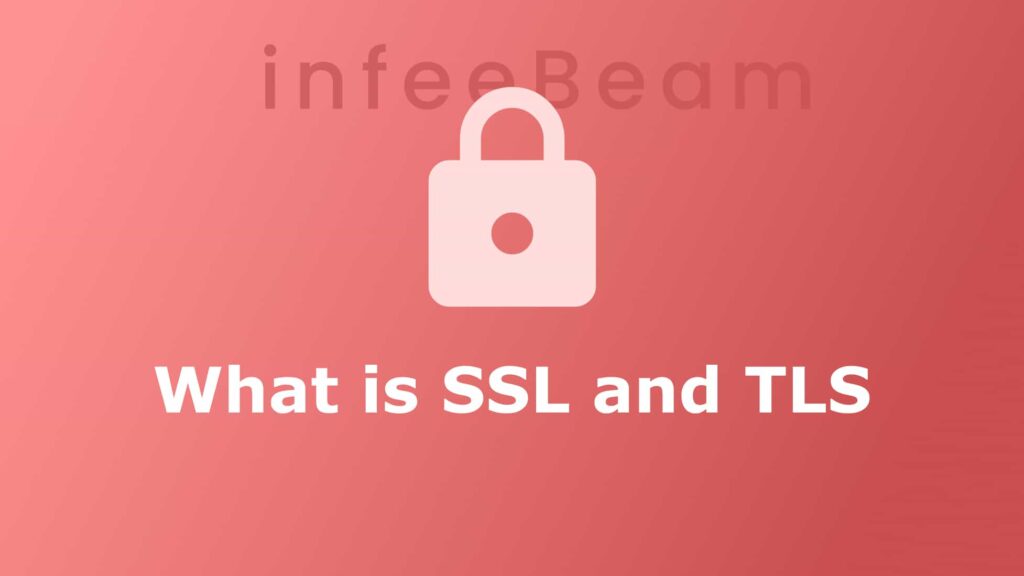A VPN, or Virtual Private Network, a tool that allows you to create a secure and private connection between your mobile device and the internet.
In today’s digital world, mobile devices have become part of our daily life. We use these devices to communicate, access information, and to stay connected with the world. But while using mobile devices there are risks of cyber threats comes, such as hacking, identity theft, and online surveillance. This is where VPN comes in, they offer a secure connection between your mobile and the internet. In this article, we will explore what is VPN in mobile and how it works, as well as its benefits and its different types of protocols.
We hope, by end of this article you will have a better understanding of what VPN is and how it can help you protect your online activities and privacy on your mobile.
What is VPN?
A Virtual Private Network(VPN) is a technology that allows you to connect to the internet with private connection that helps you to protect your online presence. When you connect to a VPN, it masks your online identity and encrypts your internet activity. This makes it more challenging for outside parties to monitor your internet activity and steal data. In VPN real-time encryption is implemented.
How does VPN work on mobile?
For using VPN on mobile, you need to download a VPN app from play store or app store. Once you install the application, you can connect to a VPN server from available server locations. Once you have connected to the server, your internet traffic will routed through the VPN’s encrypted tunnel.
The data from your device gets encrypted and sent to a VPN server over a secure tunnel using the VPN app. Your data gets decrypted and sent to the correct location via the VPN server. The Data gets encrypted once again before sending back to the VPN server and travels from the same secure tunnel to your mobile device.
Benefits of using VPN on mobile
There are several benefits of using a VPN on your mobile device, that includes:
| Benefits of using a VPN | Description |
|---|---|
| Security | Your internet traffic is encrypted when you use a VPN, making it challenging for others to spy on your online activity. This is especially crucial when using unsecured, easily hackable public Wi-Fi networks. |
| Privacy | VPNs can help protect your privacy by hiding your IP address and location, making it difficult for websites and advertisers to track your online activities. |
| Improved Performance | Some VPNs can help improve your internet speed and performance by reducing latency and optimizing your connection. |
| Access to Blocked Content | VPNs can help bypass geographical restrictions and access blocked content. For example, if you are traveling to a country where certain websites or services are blocked, you can use a VPN to access them. |
| Cost-effectiveness | Using a VPN can be a cost-effective way to protect your online activities and privacy. Many VPN services offer affordable pricing plans, and some even offer free versions. |
Types of VPN protocols
There are several types of VPN protocols that are used to establish a VPN connection. The most common protocols include:
- PPTP (Point-to-Point Tunneling Protocol): PPTP is one of the oldest VPN protocols and is still widely used. It is easy to set up and offers good performance, but it is not very secure and can be easily hacked.
- L2TP/IPsec (Layer 2 Tunneling Protocol with Internet Protocol Security): L2TP/IPsec is a more secure protocol than PPTP and offers good performance. It is a good choice if you need a balance between security and performance.
- OpenVPN: OpenVPN is an open-source VPN protocol that is highly secure and offers good performance. It is a good choice if you need maximum security and performance.
- SSTP (Secure Socket Tunneling Protocol): SSTP is a highly secure VPN protocol that is used mainly on Windows devices. It is a good choice if you need maximum security.
Conclusion
Being secure online is more crucial than ever in the modern, mobile-centric society. Thankfully, VPNs provide a quick yet efficient approach to secure your mobile device’s online activity and privacy. VPNs protect your personal information from spying eyes by encrypting your internet traffic and masking your IP address.
Moreover, VPNs can enable you to get around geographic limitations, access forbidden material, and experience the internet more freely. It’s critical to select a VPN protocol that meets your demands for mobile security from the several sorts that are accessible.


